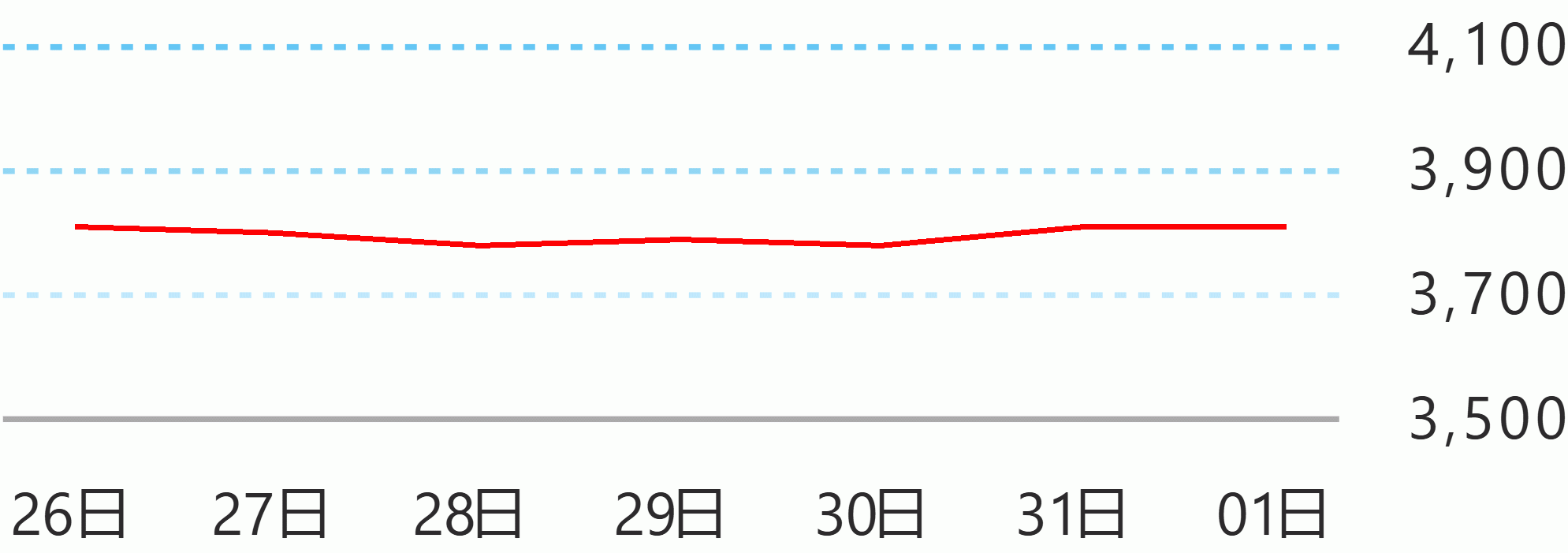A House lawmaker proposed on Thursday that the K-12 curriculum should be simplified since studies have shown that it is “ineffective”.
“Based on what happened during the pandemic, the results of international assessments, and surveys from various groups like the Commission on Human Rights, it is shown that the K-12 program is ineffective,” Pasig City Rep. Roman Romulo, chairperson of the House Committee on Basic Education and Culture, told dzBB last Thursday.
“The industry says that not enough time is given to training techvoc (technical vocational) students in the K-12 program,” he added.
This comes after the House panel approved the Education Pathways Act, a bill amending the K-12 Basic Education Program, which allows students that finish four years of high school to take up a technical vocational (techvoc) pathway or take up a college preparatory program (senior high school).
Romulo said the technical vocation program should be “industry-driven” to help students become job-ready.
“The problem with our techvoc track is that it is not effective because it is not the core of the Department of Education,” he said.
“The government should not just focus on the academic path. Because the truth is, when it comes to techvoc, whether in other countries or even in our own country we need many skilled workers,” he said.
Romulo also suggested that DepEd should make its curriculum simpler.
“We are telling DepEd that its curriculum should not be too complicated. Because there are so many subjects in Grades 11 and 12, they also have strands…but what do the students really need? They need to have functional literacy. They need to be prepared for college,” he said.
Romulo said that the Technical Education and Skills Development Authority (TESDA) should focus on offering apprenticeships to students who take up the technical vocational track to develop their skills.
“TESDA should already be upgraded. They should coordinate with the experts in the industry. They should focus on developing the skills of the students and provide apprenticeships,” Romulo said.
“We told TESDA yesterday, you must develop a two to three-year course. But in the meantime, they should have exit points with micro-certifications,” he added.
Under the Education Pathways Act, TESDA will be overseeing the technical vocational courses for students who completed four years of high school, which were previously also under DepEd as mandated by the K-12 law.
Jaspearl Tan/DMS





 English
English










